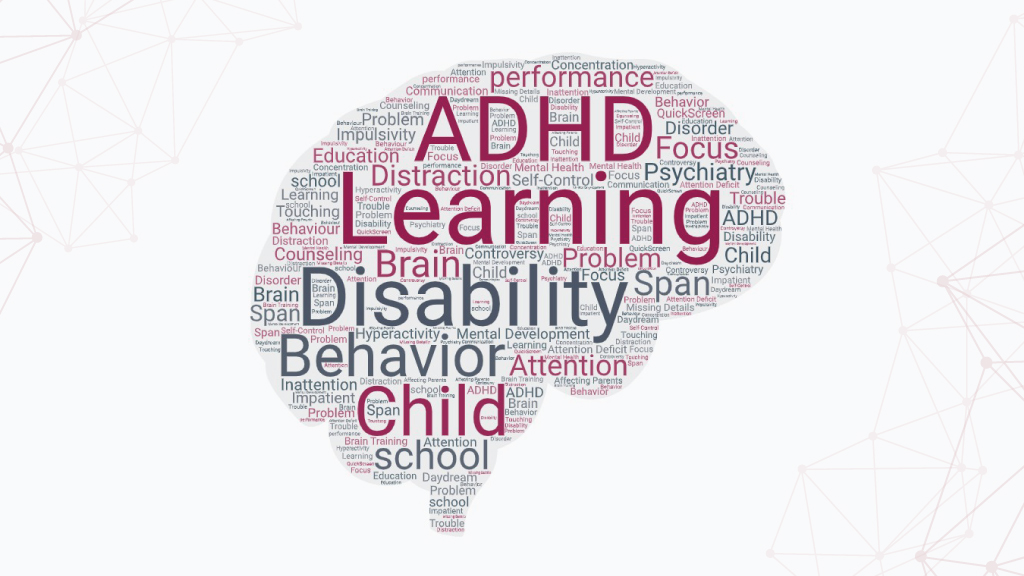Learning disabilities is an umbrella term for a range of learning issues that a child may face. Even though a learning disability may be typically associated with a child’s lack of motivation or intelligence levels, this may not be true at all. A child with a learning disability find themselves receiving and processing information differently as compared to their peers and hence have their unique way of hearing, seeing, and understanding the world.
However, this also means that learning and applying new knowledge can be rather challenging.
Symptoms of a learning disability may vary from child to child. While one child has difficulty reading and spelling, another might enjoy reading but struggle with math. Another child may have trouble interpreting what other people are saying or struggle to communicate aloud. Despite the differences, all these symptoms of a learning disability can cause frustration and stress.
It does not come as a surprise that many parents initially suspect that their child has a learning disability once they notice the child consistently struggling in school. But in fact, their child may be going through something different, even though the consequences of poor academic results can be similar.

Attention deficit hyperactivity disorder (ADHD) is among the most common neurodevelopmental disorders that affect 10-13% of children and adolescents worldwide (Centers for Disease Control and Prevention, 2022). Symptoms of ADHD may include being inattentive where your child gets easily distracted or frequently forgets instructions given to them. For others, it could be characterised by hyperactivity or impulsivity tendencies where your child can frequently be seen pacing around the room or yelling out inappropriately in classrooms or in the middle of conversations. Essentially, the prefrontal cortex which controls the child’s executive functions of memory, rational thinking, and focus does not perform at the expected level based on the child’s age.
Since learning and grasping new concepts require the use of cognitive executive functions, it can easily appear as if the child has a learning disability when they are experiencing symptoms of ADHD. It is difficult to learn when the child is struggling to focus on what the teacher is saying in class or to be calm enough to sit down and read a book.
It is important that teachers use a variety of techniques to improve learning outcomes for children who have ADHD, learning disabilities, or both! Parents can be supportive of their child's learning journey by creating a safe and conducive environment at home. Create opportunities to explain to the child that there is a distinctive learning strategy that can help them learn better. This helps create a trusting bond between child and parent while allowing the unveiling of the child's potential.
Are you unsure whether your child is showing inattentive or hyperactive/impulsivity tendencies? Click the banner below to access the Neeuro QuickScreen, a pre-screening tool that takes under 5 minutes to complete and provides some insights into your child’s attention capability with a full report.






Leave a Comment